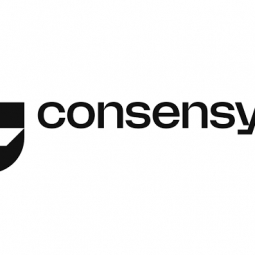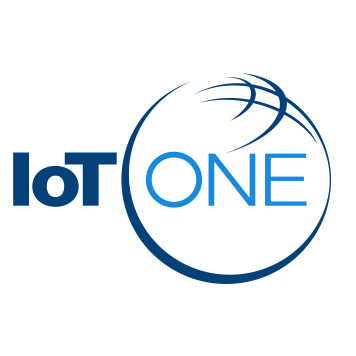Download PDF

ConsenSys
Overview
HQ Location
United States
Year Founded
2014
Company Type
Private
Revenue
< $10m
Employees
201 - 1,000
Website
Twitter Handle
Company Description
Consensys is a Blockchain software company working at the forefront of the decentralized web. Its full-stack Ethereum products help developers build next-generation networks.
IoT Snapshot
ConsenSys is a provider of Industrial IoT application infrastructure and middleware, platform as a service (paas), infrastructure as a service (iaas), networks and connectivity, functional applications, and sensors technologies, and also active in the cement, electrical grids, finance and insurance, oil and gas, paper and pulp, and retail industries.
Technologies
Use Cases
Asset Lifecycle Management
Building Automation & Control
Construction Management
Experimentation Automation
Infrastructure Inspection
Inventory Management
Last Mile Delivery
Leasing Finance Automation
Machine to Machine Payments
Port Automation
Retail Store Automation
Smart Contracts
Tamper Detection
Time Sensitive Networking
Functional Areas
Industries
Services
Technology Stack
ConsenSys’s Technology Stack maps ConsenSys’s participation in the application infrastructure and middleware, platform as a service (paas), infrastructure as a service (iaas), networks and connectivity, functional applications, and sensors IoT Technology stack.
-
Devices Layer
-
Edge Layer
-
Cloud Layer
-
Application Layer
-
Supporting Technologies
Technological Capability:
None
Minor
Moderate
Strong
Case Studies.
Case Study
Covantis Case Study: Modernizing Global Supply Chains with ConsenSys Blockchain Solutions
The global agricultural trade industry has been grappling with outdated and inefficient processes. The industry has not seen significant technological innovation since the mass adoption of email 30 years ago, making global supply chain management increasingly challenging. The need to track more partners, suppliers, and endpoints has become more complex, and post-trade execution remains highly manual, repetitive, costly, and time-consuming. The industry is heavily reliant on paper-based processes and email exchanges, with over 275 million emails exchanged annually to process an estimated 11,000 worldwide shipments of grain. Paper-based certificates and bills of lading are not easily exchanged among multiple parties, and replacing them if misplaced is costly. The COVID-19 pandemic has further disrupted supply chains due to interruptions to paper document deliveries and the increasing necessity to work from home, accelerating the need for digital transformation.
Case Study
Consensys and Societe Generale - FORGE's Collaboration on First Digital Bond Issuance on Ethereum
Societe Generale - FORGE, the digital capital markets platform of the Societe Generale Group, was part of the European Investment Bank's first digital bond on a public blockchain. On 27 April 2021, the EIB launched a multi-dealer unsubordinated, unsecured 2-year bond issuance (EUR 100,000,000) on the Ethereum mainnet, for the registration and settlement of the securities, in collaboration with Goldman Sachs, Santander and Societe Generale. The payment of the issue monies from the underwriters to the EIB were represented on the Ethereum mainnet in the form of Central Bank Digital Currency (CBDC). This transaction was part of a partnership announced in October 2020, under which terms Societe Generale - FORGE selected Consensys to provide technology and services for its ongoing CBDC pilot activities through its Codefi Payments product.
Case Study
Mata Capital: Blockchain Case Study on Real Estate Investment Management
Mata Capital, a French real estate fund management company, was facing challenges in distributing fund shares and maintaining its investor registry. The traditional processes were cumbersome, costly, and relied heavily on paper-based systems. The company was also grappling with substantial administrative costs, especially for small investment tickets for Know-Your-Customer (KYC) and registration activities. This resulted in high minimum investment subscription amounts, limiting the pool of potential investors. Furthermore, investors had limited access to secondary markets, making it difficult for them to trade assets as required by their portfolio allocation strategies. Mata Capital sought to modernize and optimize these processes, with a long-term vision to reduce minimum investor subscription amounts from €100,000 to €1, thereby attracting a wider and more diverse pool of investors to real estate asset investments.





